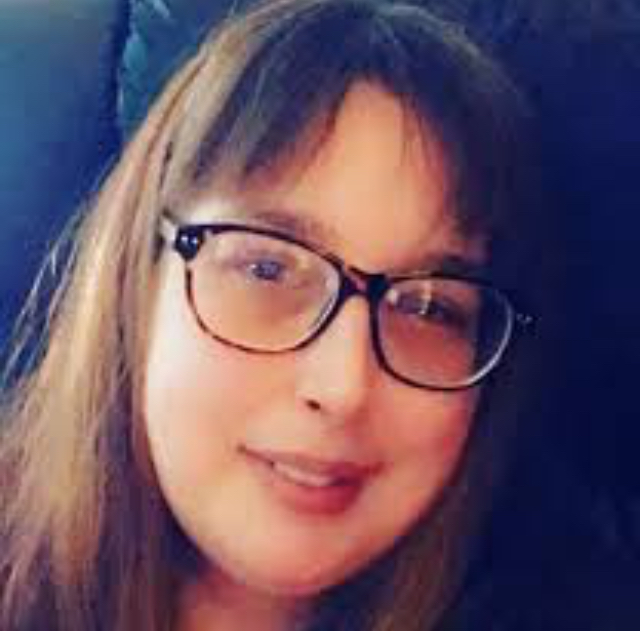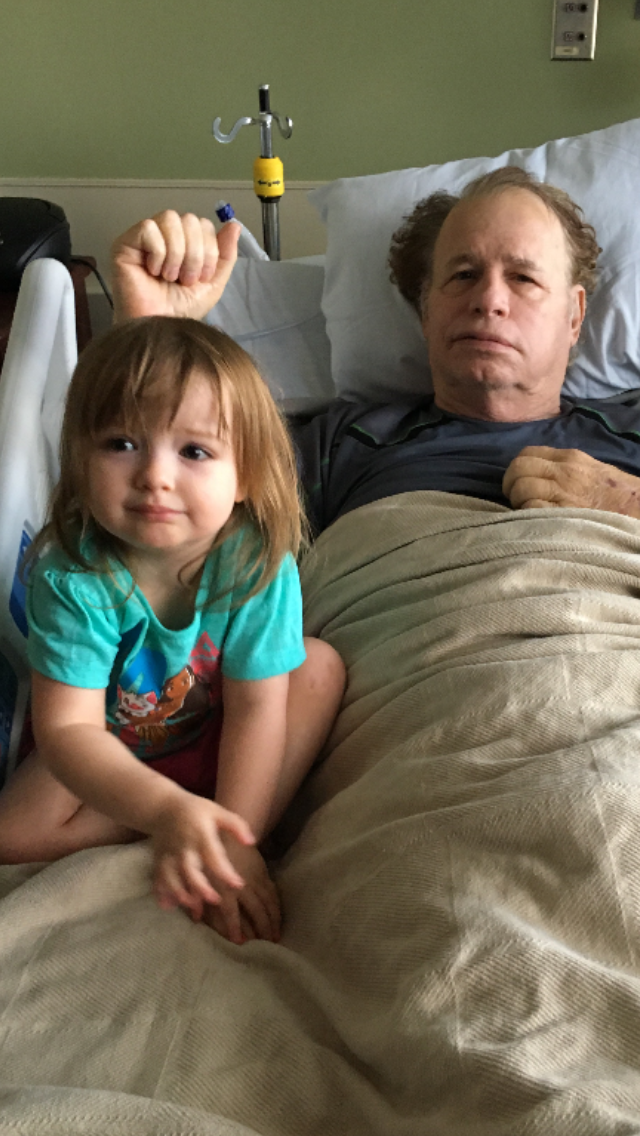Some calls are unexpected. Some are unwanted. But one call was to change the course of my family’s life for the next 9 months.
It started when my sister called. This was ominous since we text but rarely have time to talk. She has her kids, her work, and then, on my side, I have my young child who I’m obsessed with after 13 hard-fought years I tried to birth her.
I got the call late at night May 19, 2018. . .Or maybe I received it the next day, (a Sunday?) after it happened. Now the days are clouded by what was to come.
The call didn’t shock me. He had a stroke, my father. Really it was the second one, after which he walked right out of the hospital in denial with some drugs he’d haphazardly take for the next year, or two, I’m not sure.
His last year is hazy, maybe purposely so.
Maybe my brain only has snippets, out of order, to protect me from the wave of grief necessitated by a linear story-telling.
He was found by his girlfriend, a pain in itself rarely discussed, with my mom still married to him in a complex mesh that would maybe only be untied in his death.
He’d collapsed. He complained of weakness, his mouth drooped.
I’m not sure of the details and they don’t matter. All that I knew is that he was in the hospital, fighting to the point they’d physically and chemically restrained him.
Remarkably, the last time I had a lucid conversation with him was in the day after his stroke. He told me calmly, with only a slight slur to his speech, that he loved me and it wasn’t fun being in the hospital.
I think I mentioned some cute thing my then 2-year-old daughter Willa Kate had just done. Or I told him that my 17-year-old step-son Britin was going to a summer camp of sorts at the United States Naval Academy later that summer. He was proud of both of them.
It was a normal calm conversation, perhaps a calm before the storm that would be the next 9 months, birthing his death after a series of difficult hopes, denials, and ultimate acceptance of the ultimate letting go.
I know my sister’s memory of those days in the wake of his stroke are more vivid and chaotic. I heard things only second-hand until I was to come down later that summer.
She’d spend weeks struggling with the doctors as they heavily sedated him. This sedation may have precipitated or masked a larger stroke that would render him speechless until his voice returned and twisted into delusions and erratic moments of clarity.
It was the speechlessness I first mourned.
I couldn’t imagine him in a shell of a body, unable to express himself. It was the time I cried most in the 9 months of mourning we’d have to do before his ultimate death.
Maybe we should have stopped there. Maybe every decision to keep him alive after that was fruitless, maybe when he couldn’t say no anymore we should have said no more. But my sister reminds us, he never said no. Only his sleepy morphine-dripped snores suggested surrender.
But that’s skipping ahead, for now, we were in battle mode, the Miles family rallying around in heightened get-it-done-we-will-over-come-mode.
I remember, more than twenty years before, my RA in college saying what a force the Miles family was, as we unpacked my stuff on the first day I moved into the dorm.
The RA had anticipated the force we’d be for months to come after my dad’s stroke. A force we would be now, even though my sister and I had different surnames, and my mother and father hadn’t lived under the same roof for years. Regardless, my mother was next of kin and ultimately responsible for the multitude of decisions that would have to be made. The girlfriend’s hold over him released perhaps by her 911 call.
I look back at the infancy of his last summer, ultimately leading to his last breath. I was so naïve, even though I’d spend hours upon hours of researching strokes and their effects.
He had a right-brained stroke, affecting his left side. But I could not figure out why he was so aggressive, why he was speechless and later couldn’t swallow; it’s all more than the initial CT scan suggested.
But we know very little what went inside his head, after he violently refused an MRI, flailing even after police were called, after he hit a doctor. What we did know is that his CT scan showed the culmination of damage from mini-strokes, of sustained deprivation of oxygen, which would set the stage for his ultimate decline.
The fault lines of his brain would ultimately shift the ground my family walked on. It only took one call.


